Slate Auto to launch sub-$25,000 electric pickup by late 2026
Unlike previous entrants into the electric pickup space, Slate is targeting affordability and radical modularity at scale. The pickup, simply named Slate can be modified with various add-on kits – including a conversion into a five-seat SUV.
Two battery options have been announced: 52.7 and 84.3 kWh, offering 150 and 240 miles of EPA range, respectively. For now, only a single powertrain is planned – a 150 kW electric motor driving the rear axle. The battery cells will be supplied by SK On from a US-based facility. Notably, despite the price point, the cells are not LFP but use a nickel-manganese-cobalt (NMC) chemistry.
Built around a 4.44m-long, 1.80m-wide and 1.75m-high platform, the pickup is designed for transformation. Via a catalogue of hundreds of modular kits, the base vehicle can be converted into a five-seat SUV, among other formats. All core vehicle structures are to be manufactured at Slate’s new facility in Indianapolis, while customisation is to be completed off-site – either through retail partners or by the end customer.
Only the base pickups will be produced at the new factory in Indianapolis, where customers can choose between the two battery sizes – those wanting a colour other than grey will need to wrap the vehicle. According to Slate CEO Chris Barman, the absence of heavy stamping presses and an in-house paint shop will save the company between $350 million and $500 million annually. The grey grey tone of the vehicle is directly integrated into the composite bodywork, which is manufactured without requiring conventional paint operations. The actual customisation will take place outside the factory – either at dealerships or by the customer – in order to keep production costs low.
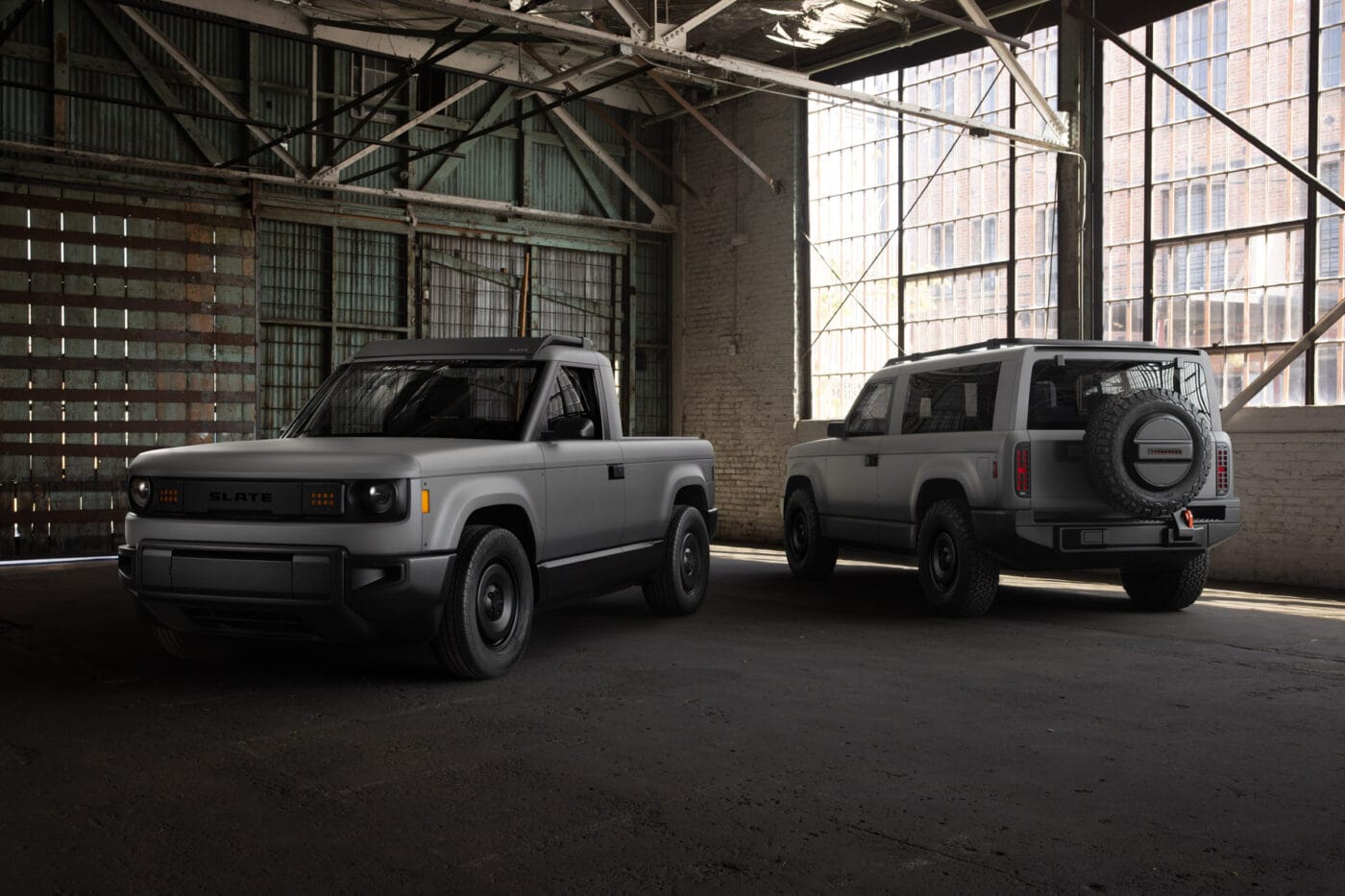
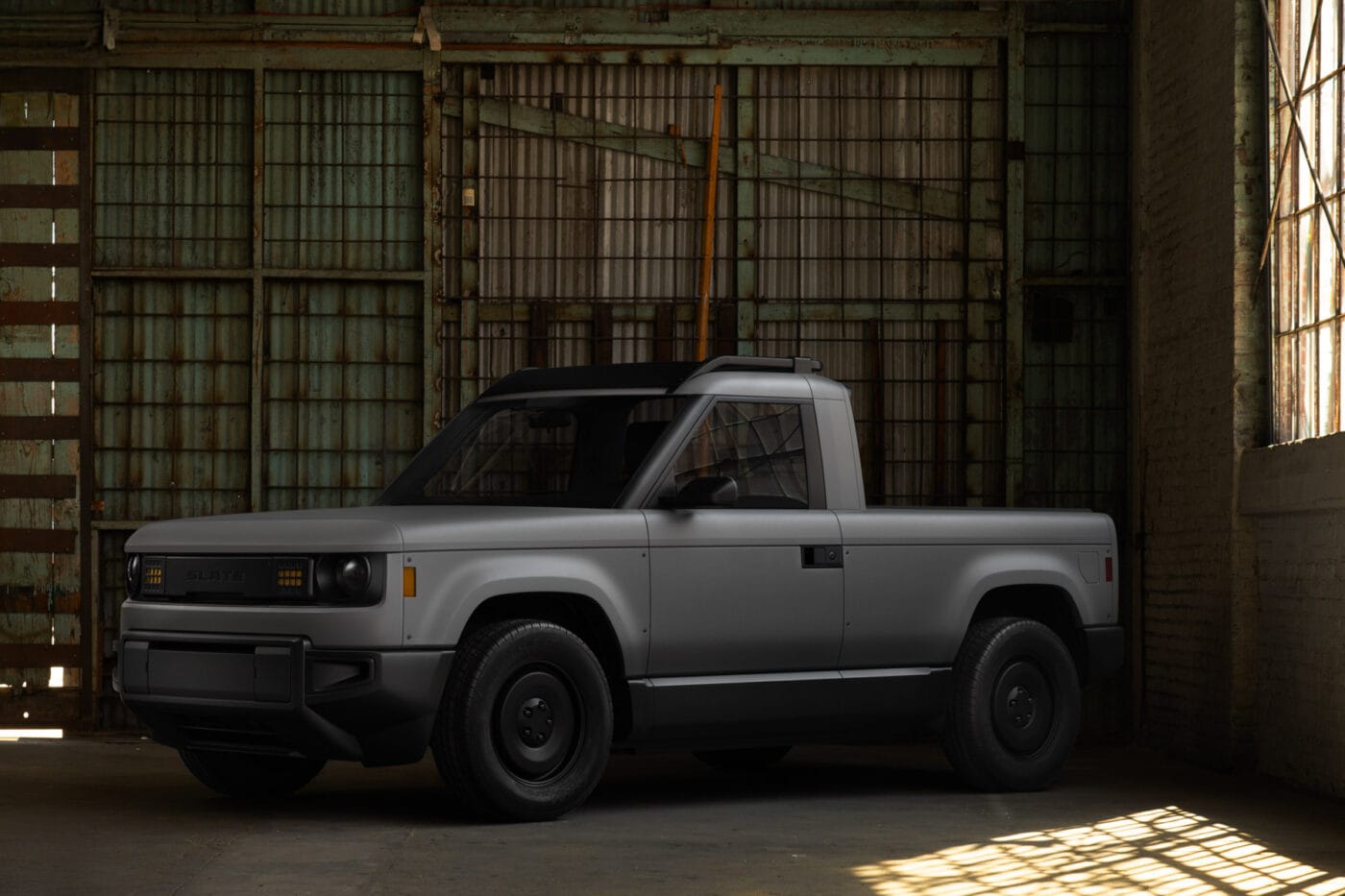
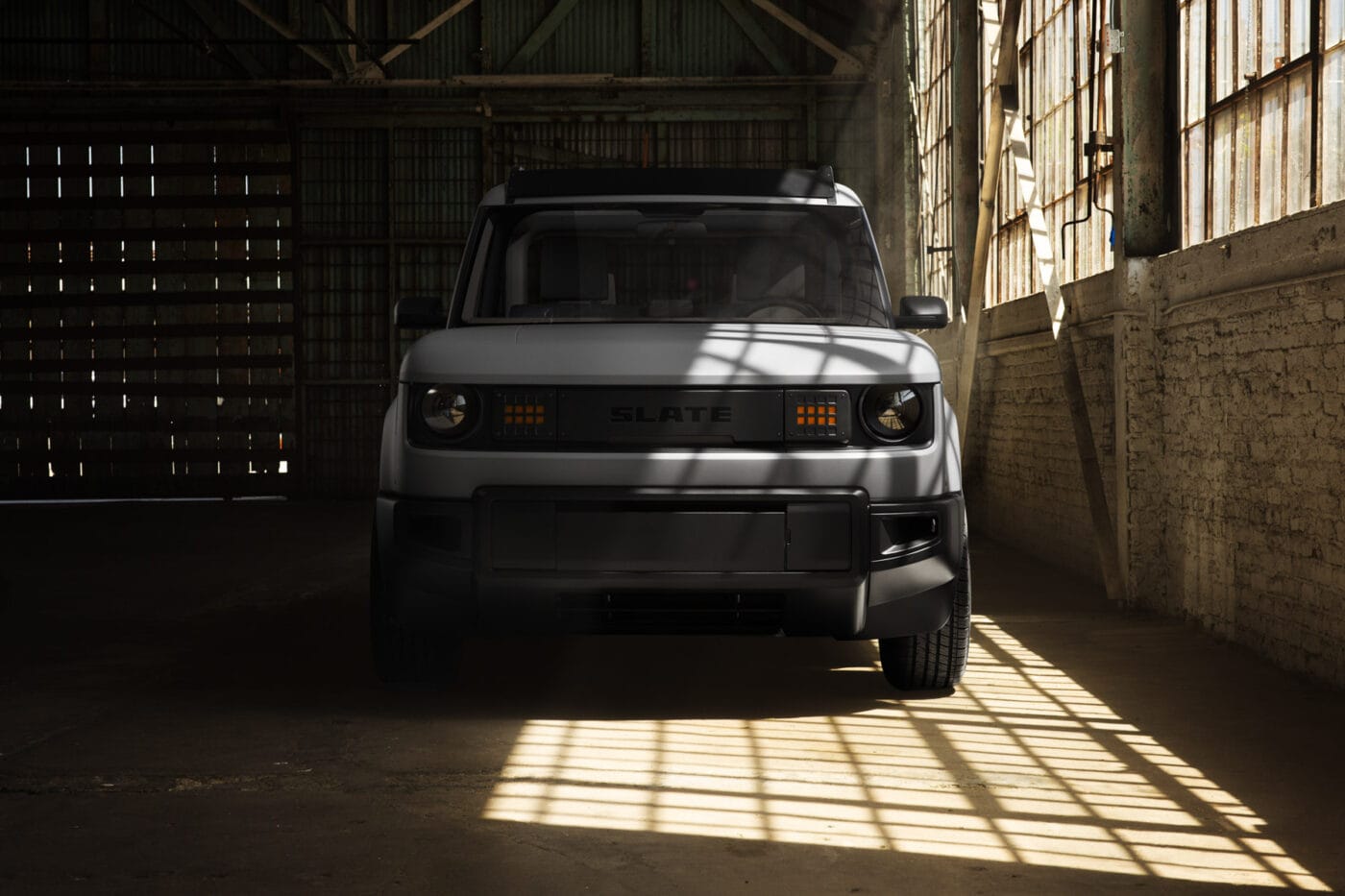
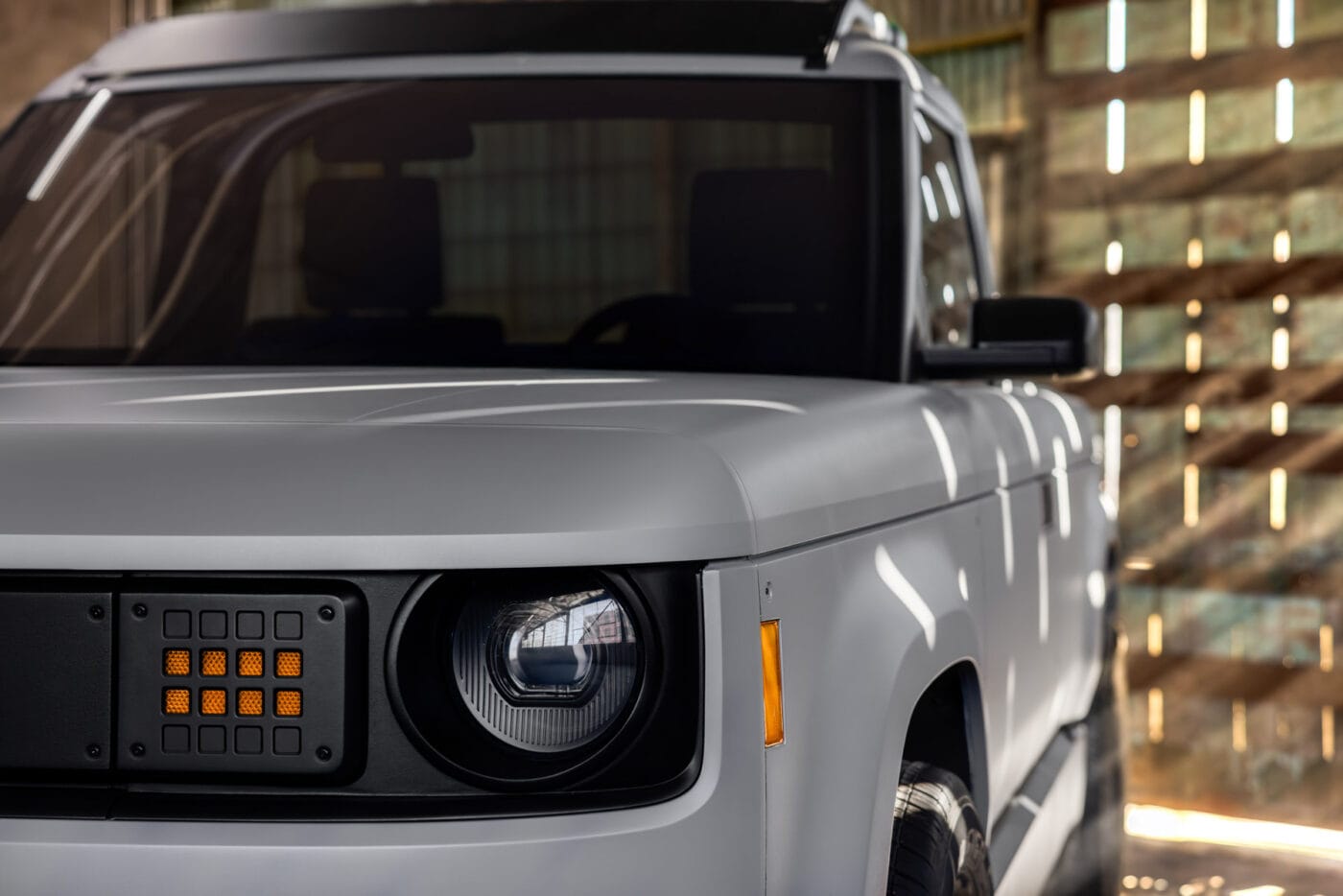
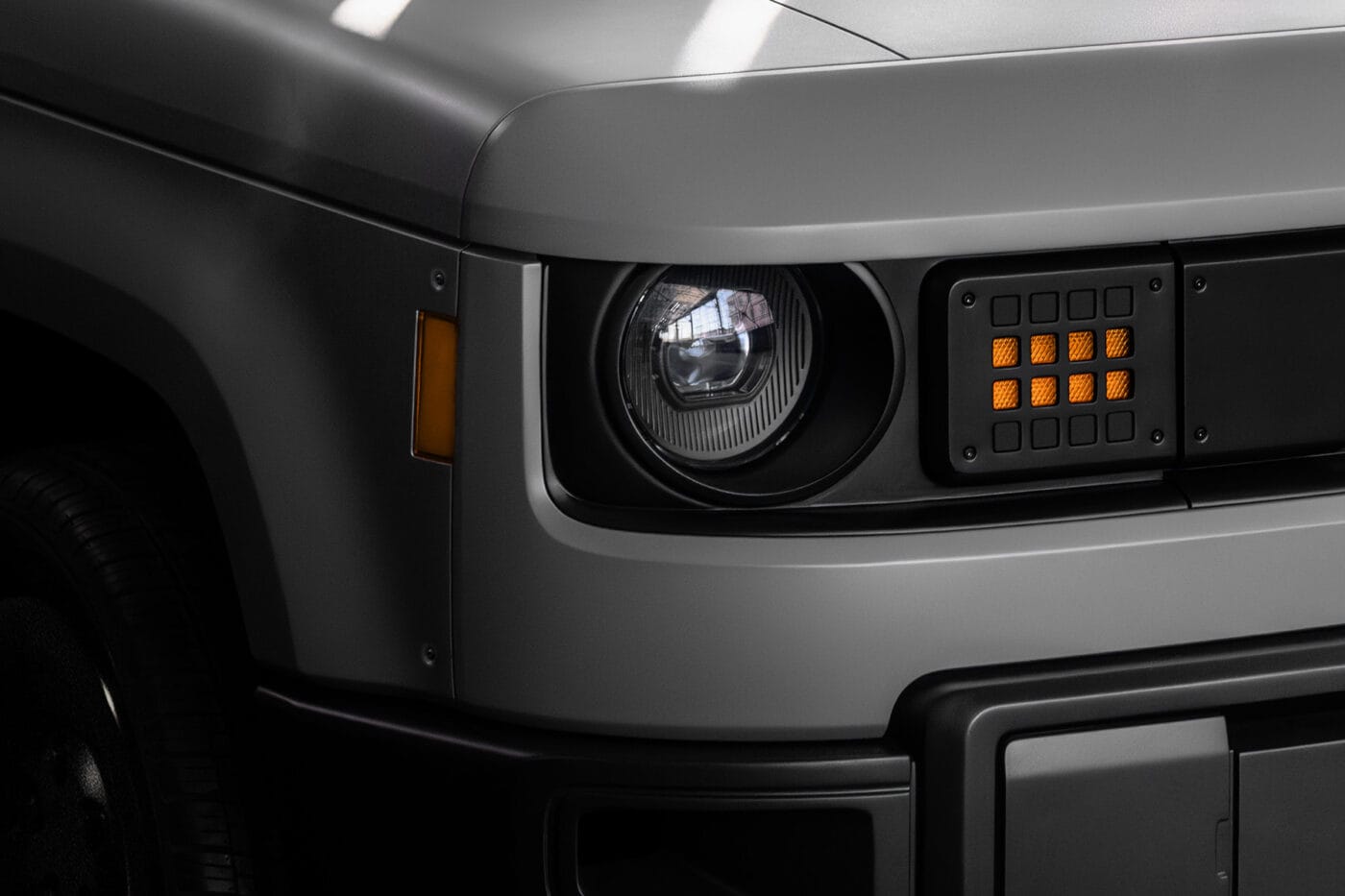
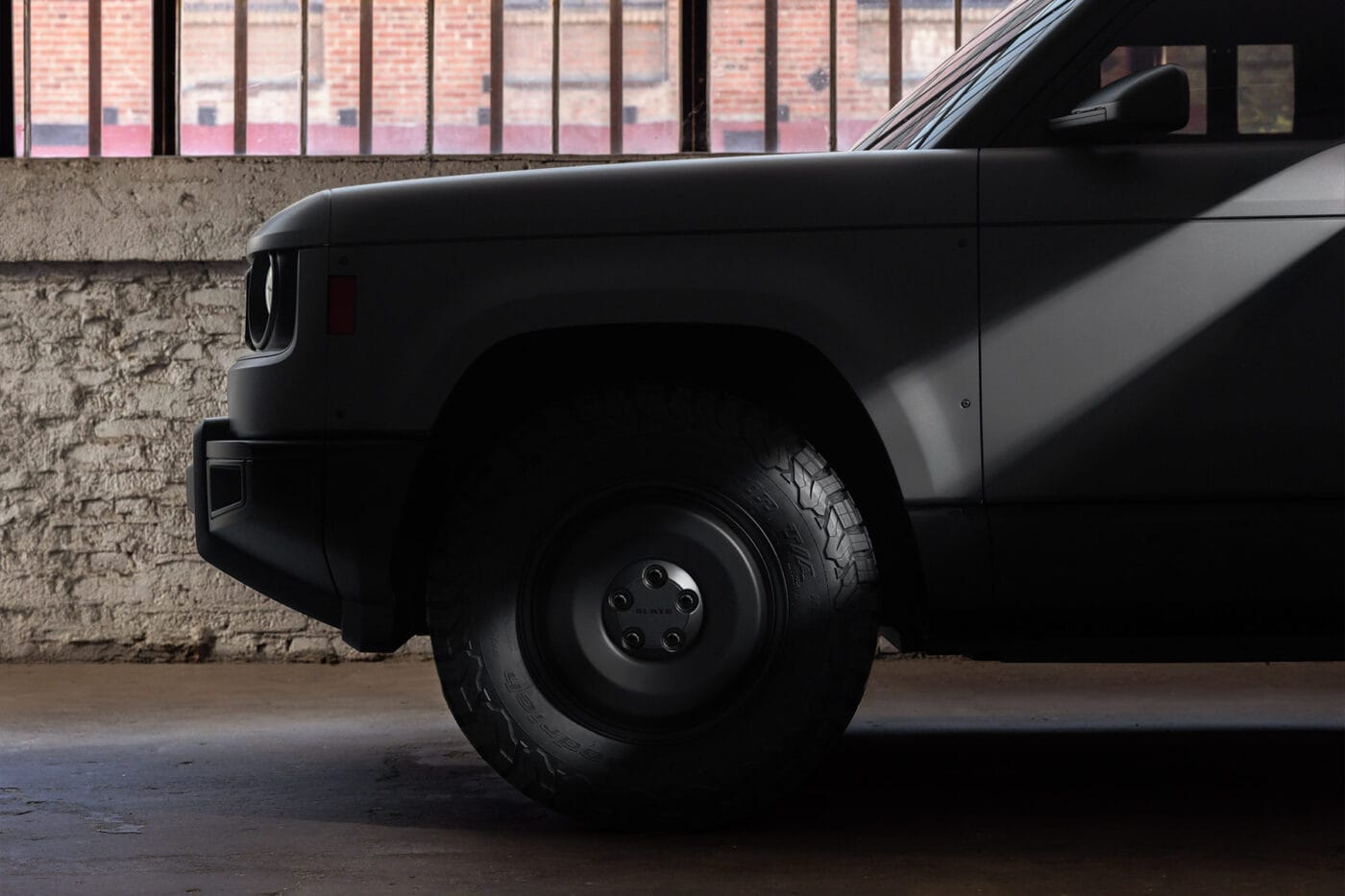
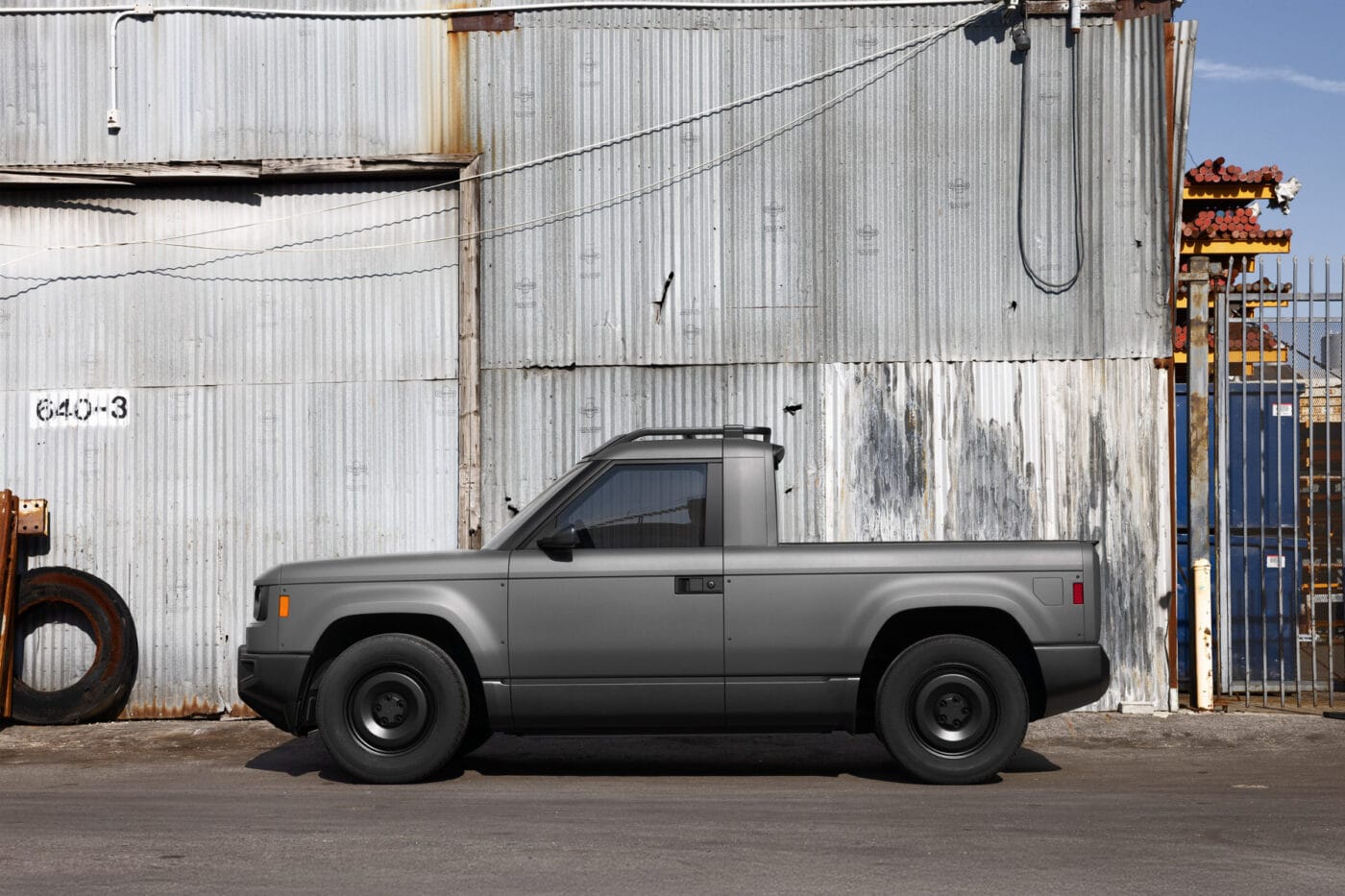
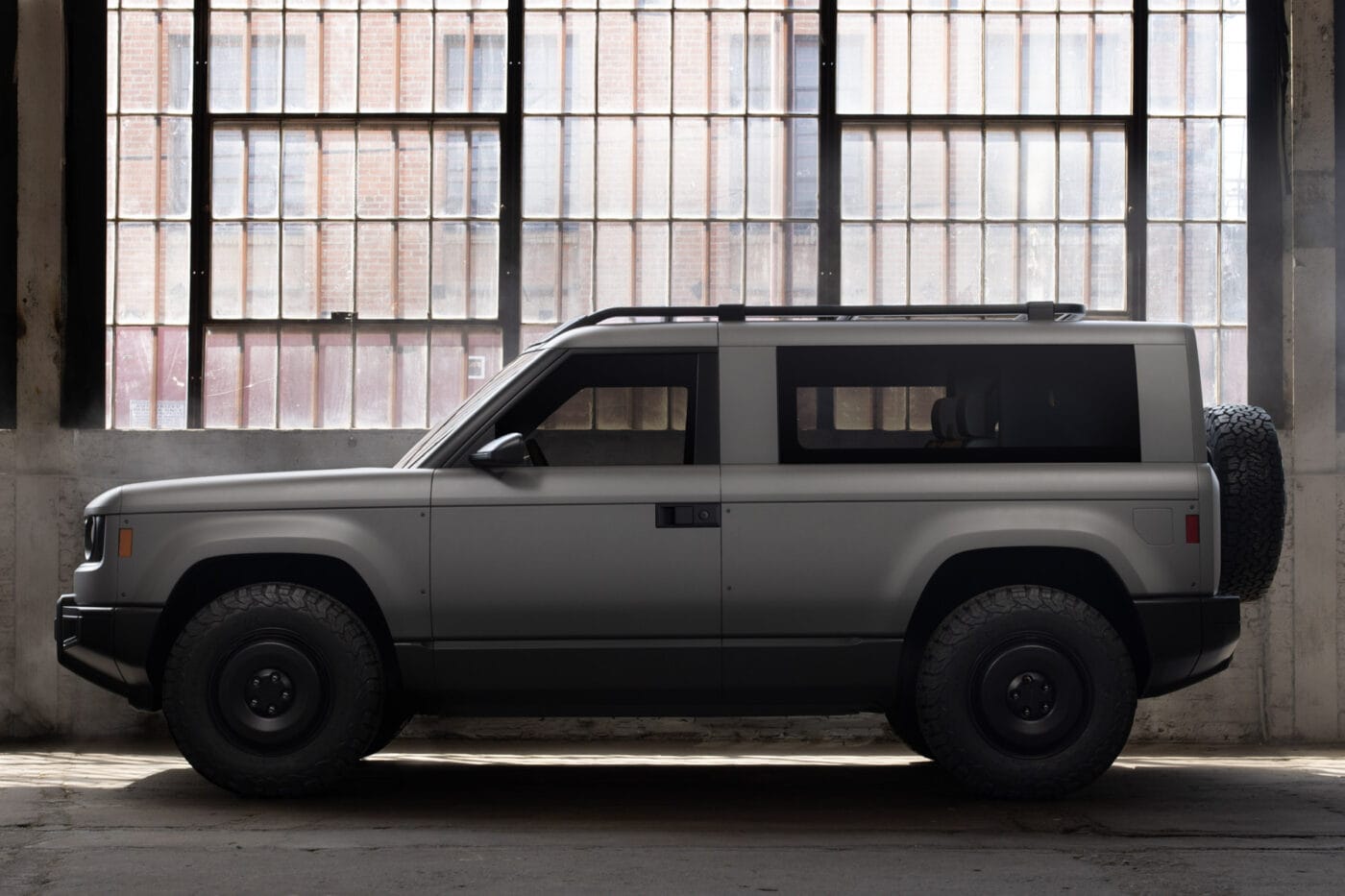
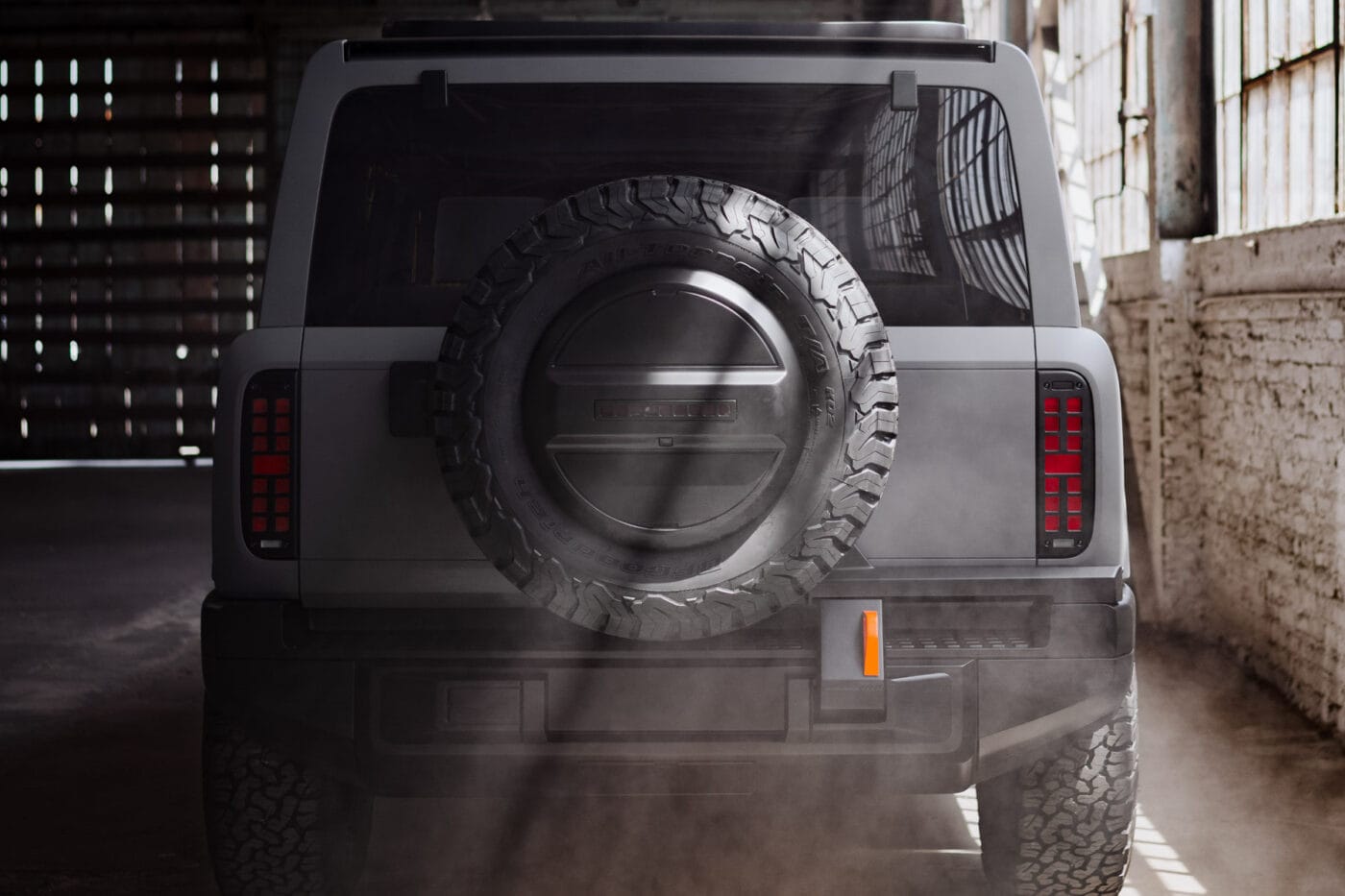
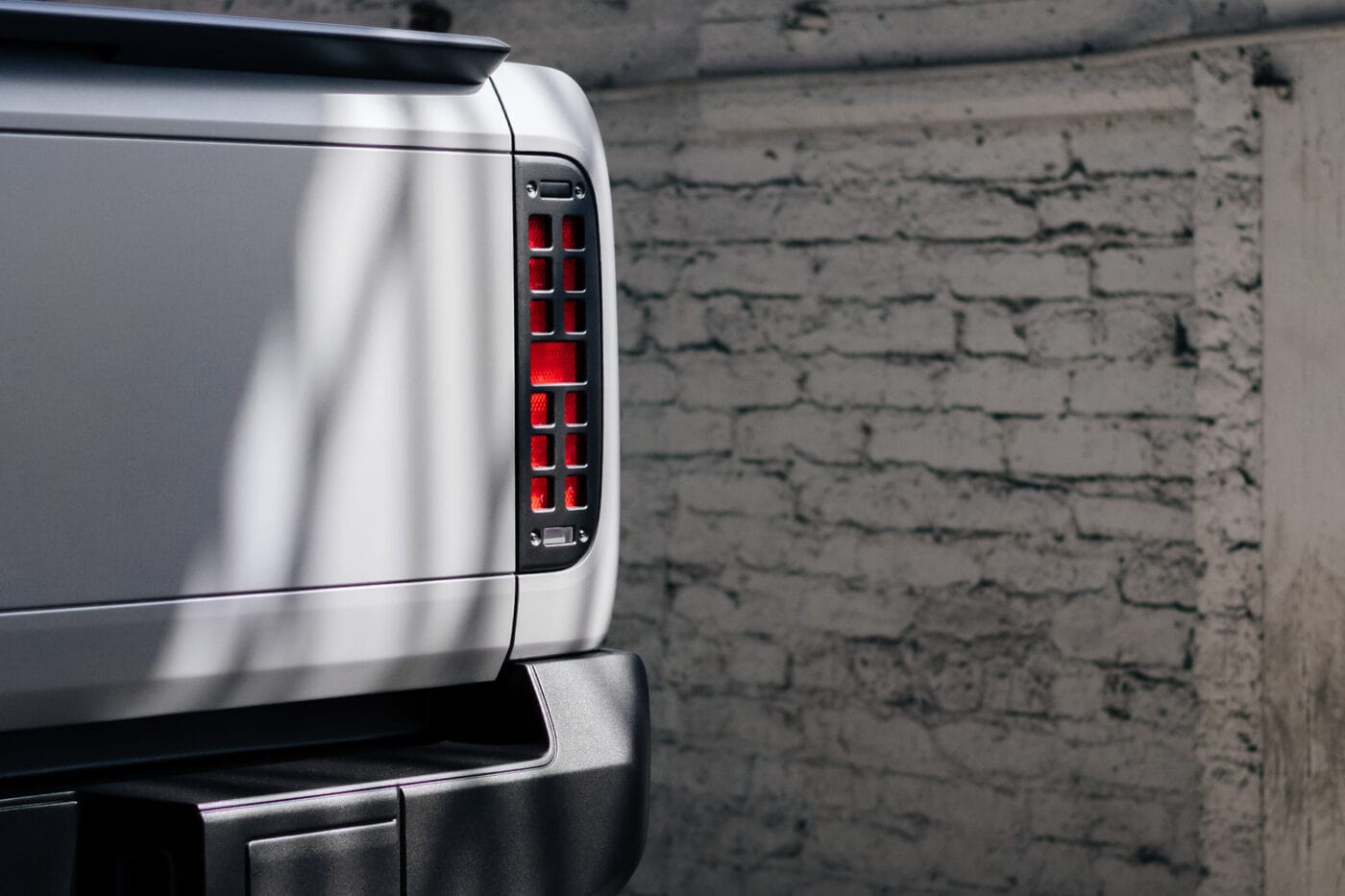
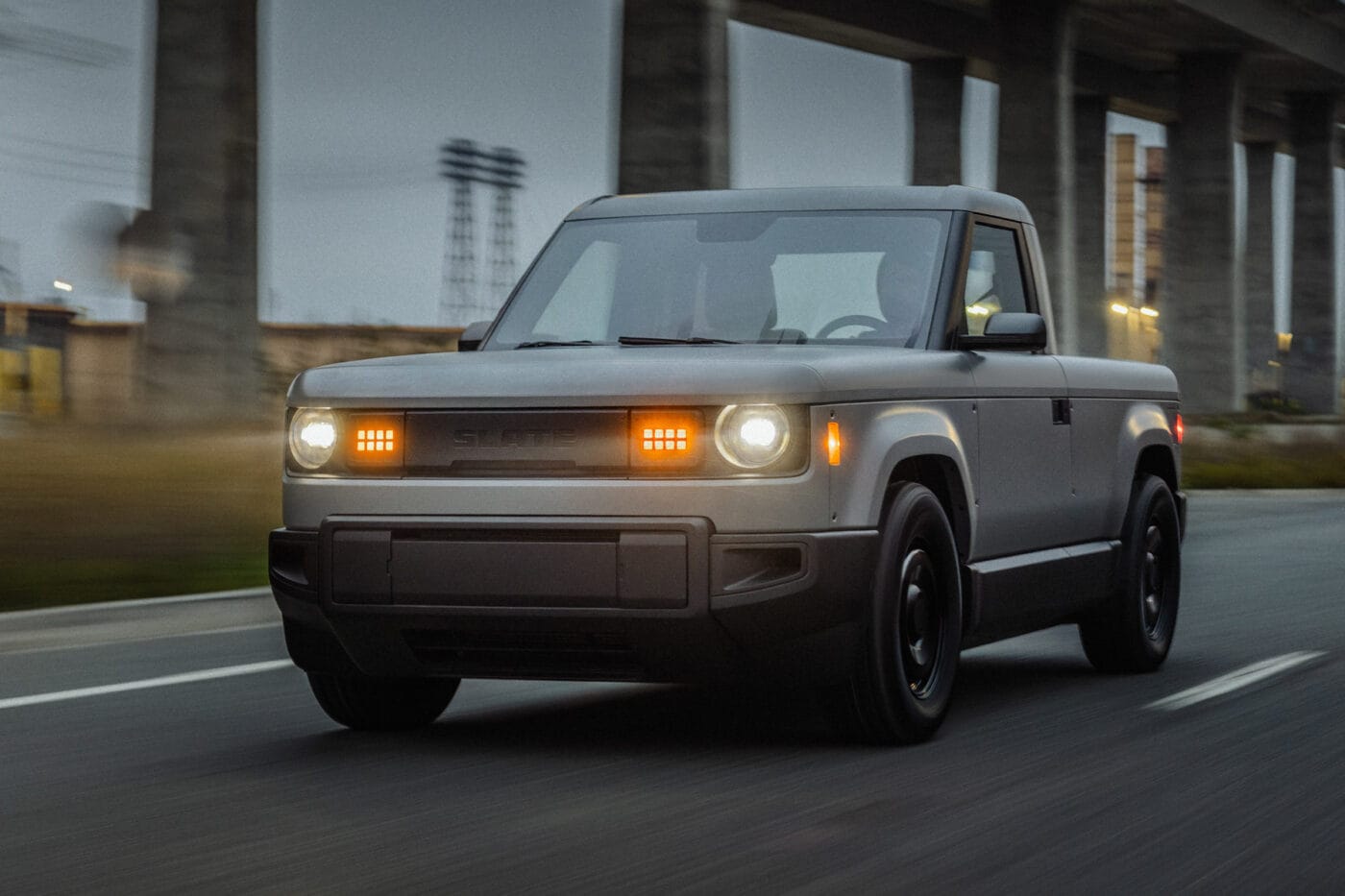
Slate Auto has implemented several other cost-cutting measures to bring the base price down to $25,000 – some of them quite radical. The interior is extremely basic: a small driver display, a simple steering wheel, and three dials for the heating system (no climate control) – and that’s essentially it. There’s no infotainment system, no touchscreen, no navigation, not even speakers. A smartphone holder is integrated into the dashboard to the right of the steering wheel.
Slate is reportedly working on an app to offer basic vehicle functions via smartphone. Navigation and music, however, are meant to run solely through the user’s own device. Even electric windows have been omitted – the Slate features manual window cranks in the doors.
While a stripped-back, utilitarian interior may appeal to buyers in this segment, questions remain as to whether the Slate can truly deliver as an electric pickup. The loading bed measures five feet (152 cm), but the base model offers a payload capacity of just 1,400 pounds (635 kg) and a towing capacity of 1,000 pounds (453 kg). If the pickup is converted into an SUV with additional body components, the payload is likely to drop further. The roof structure to accommodate the extra seating will also need to be sturdy and thus heavier to meet safety standards.
On the plus side, standard safety features include traction control, ESC, automatic emergency braking, airbags, a reversing camera, collision warning, and auto high-beam headlights.
The vehicle supports DC fast charging at up to 120 kW via NACS, with a 20–80% state-of-charge window expected to take around 30 minutes. Figures for 10–80% charging were not disclosed. The NACS port is also used for AC charging.
Reservations are already open – with a refundable deposit of $50. According to announcements made at the launch event in Los Angeles, Slate Auto aims to begin deliveries in Q4 2026. The company intends to produce up to 150,000 electric pickups annually at its Indianapolis plant. The full SUV conversion kit is expected to cost no more than $5,000, with other upgrades – such as a modular centre console – available at significantly lower prices.
Whether Slate Auto can deliver on these promises will become clearer over the next 18 months. Other American EV startups have entered the scene with similar ambitions in the pickup and light commercial vehicle space – such as Lordstown Motors and Canoo, both of which have since gone bankrupt. Even Rivian and Lucid are still operating at a loss. So far, the only new US-based EV brand to have truly established itself is Tesla.
carscoops.com, wired.com, skinnonews.com, slate.auto (website), slate.auto (specs)

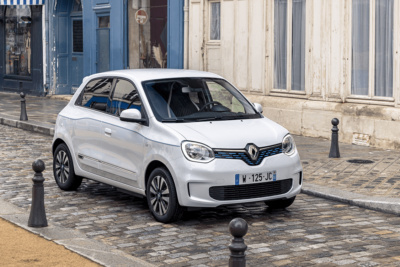
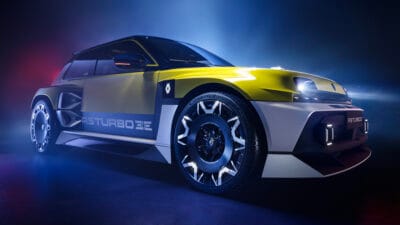
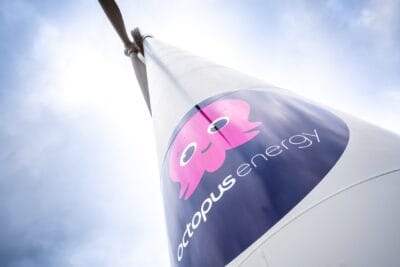
0 Comments